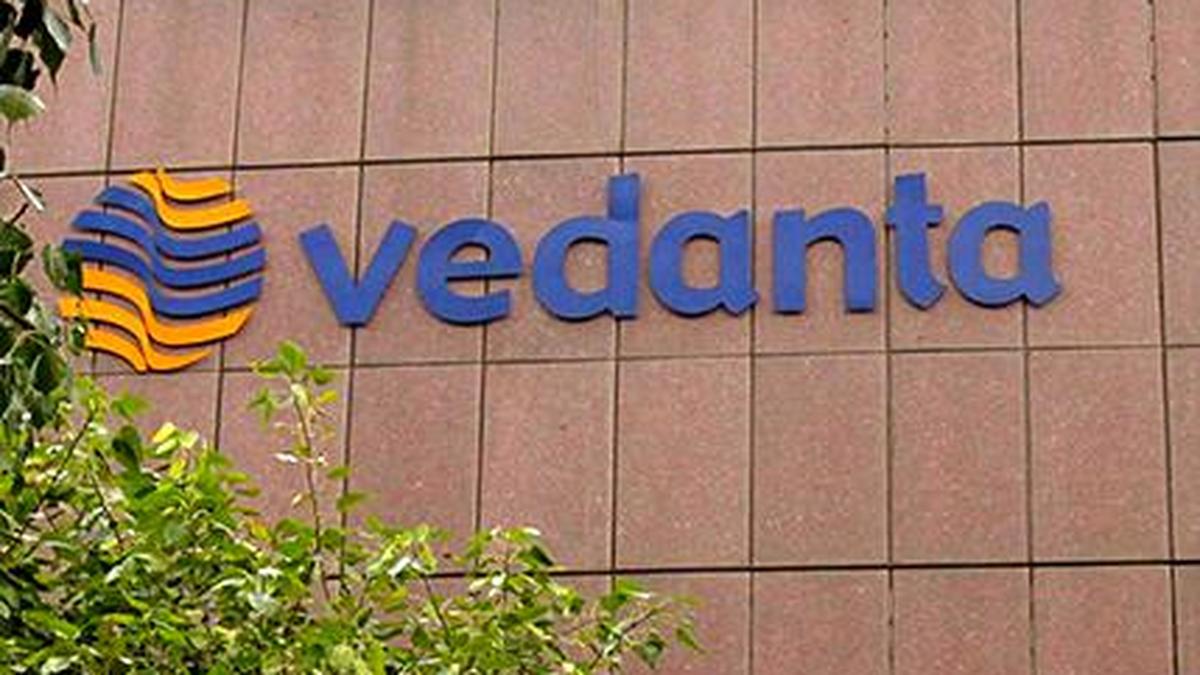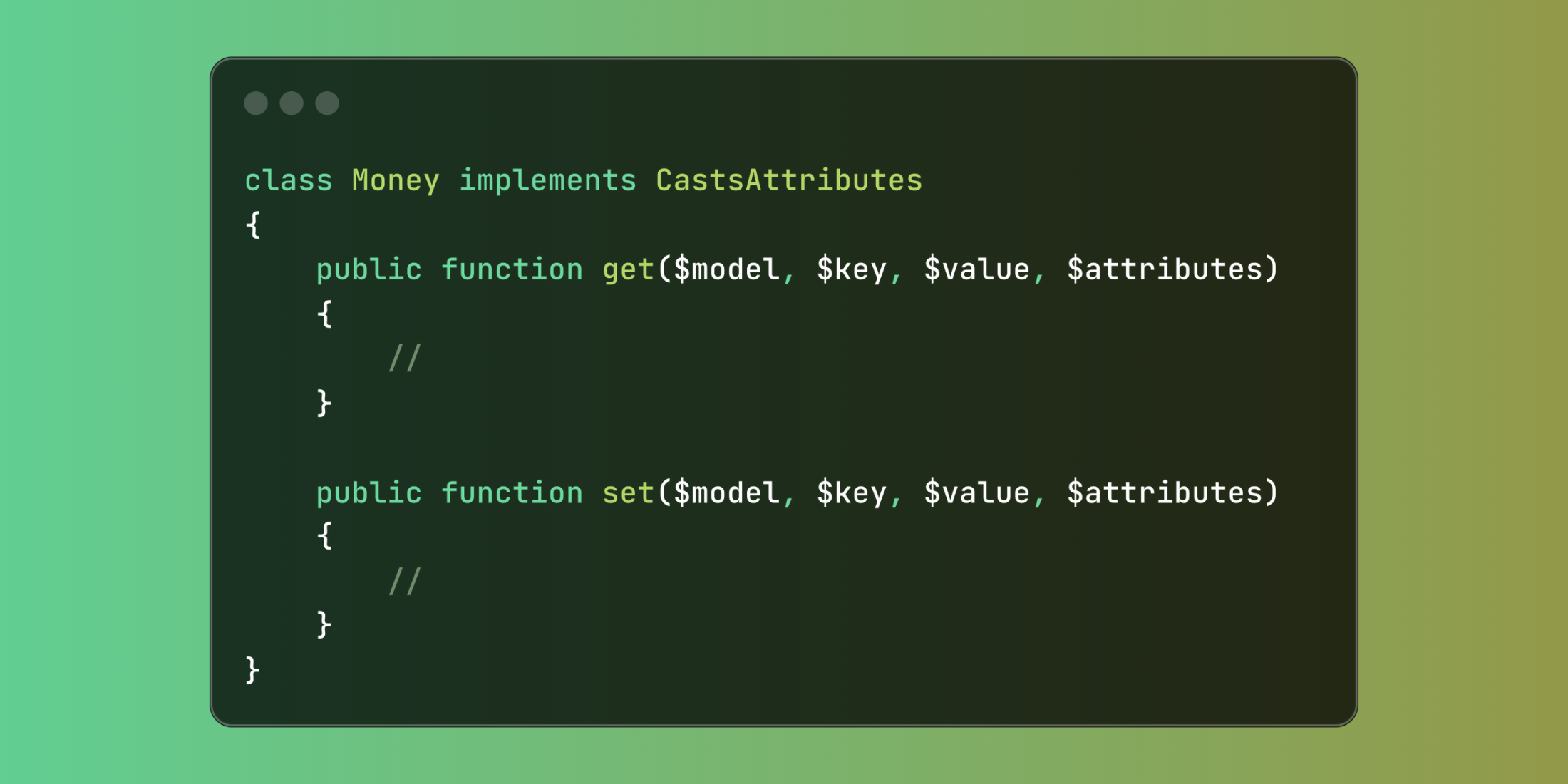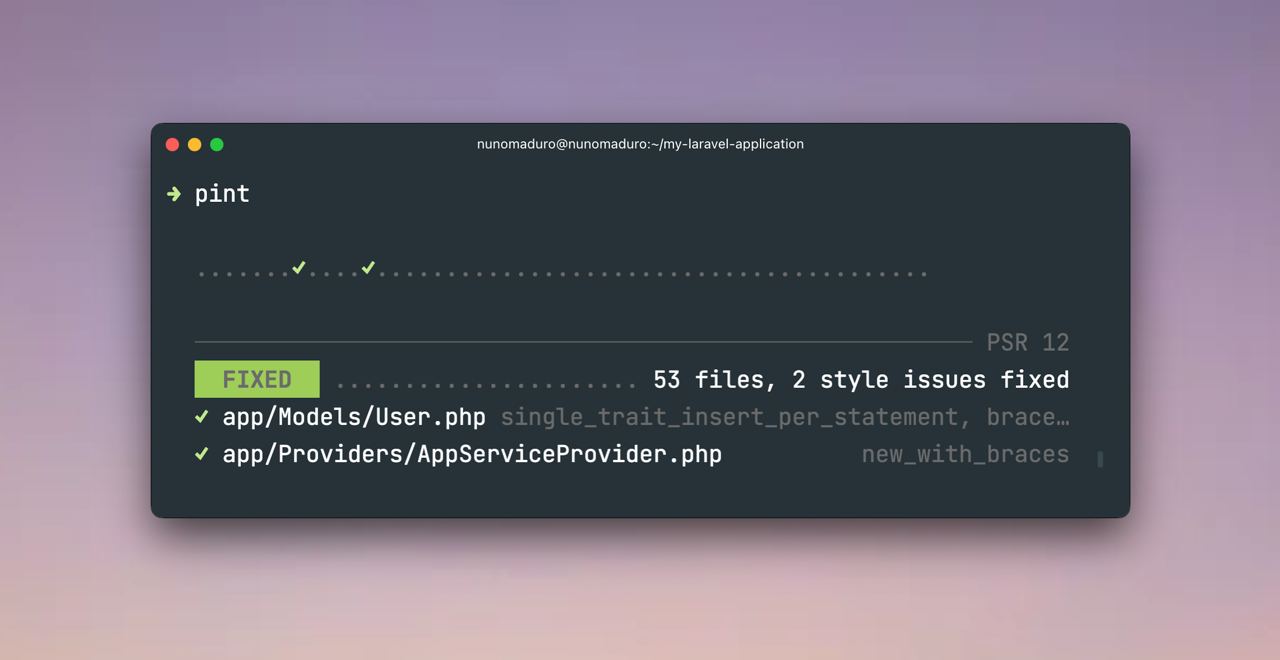How does QIP issuance lead to a decrease in shareholders’ wealth? Everything you should know about it
Many companies, such as the Indian Renewable Energy Development Agency (IREDA), Kaynes Technology, and many other listed Indian firms, raise funds through QIPs. In fact, the PSU banking giant SBI plans to raise Rs 25,000 crore through QIPs. But what is QIP, and what should you know about it as a shareholder? In this article, […] The post How does QIP issuance lead to a decrease in shareholders’ wealth? Everything you should know about it appeared first on Trade Brains.


Many companies, such as the Indian Renewable Energy Development Agency (IREDA), Kaynes Technology, and many other listed Indian firms, raise funds through QIPs. In fact, the PSU banking giant SBI plans to raise Rs 25,000 crore through QIPs. But what is QIP, and what should you know about it as a shareholder? In this article, we will dive deep into the details.
Sometimes, a listed company might need more money to grow, pay off loans, or invest in new projects. One way they raise this money is by issuing new shares to large investors like mutual funds or foreign institutions. This process is called Qualified Institutional Placement (QIP). While it helps the company bring in funds quickly, it can hurt small investors who already own the stock.
When a company issues new shares through a Qualified Institutional Placement (QIP), the total number of shares available in the market increases. However, the number of shares you hold as an existing investor remains the same. As a result, your percentage of ownership in the company is diluted. In simple terms, your slice of the pie shrinks even though the pie gets bigger.
Let’s look at Varun Beverages Ltd (VBL). The company on 2024 raised around Rs 7,500 crore through a QIP by issuing new shares to institutional investors. Before this, public shareholders had a higher percentage of ownership in the company. But after the QIP, their stake fell. Even though the company raised money, retail shareholders owned a smaller share of it than before. This is called dilution.
Also, these new shares in a QIP are usually offered at a discounted price, which is cheaper than the market rate. That means large investors get a better deal, and the stock price can fall in the short term. This hurts existing shareholders who bought at higher prices. That’s exactly what happened with VBL—after the QIP, the stock saw some corrections.
Another issue is that with more shares in the market, the company’s Earnings Per Share (EPS) goes down. EPS is the portion of a company’s profit that each share receives. More shares mean the same profit is divided into smaller parts, leading to a drop in the stock’s valuation.
Now, QIPs are not always bad. If the company uses the money wisely for expansion or reducing costly debt, it can lead to higher growth in the future. But if the company doesn’t clearly explain why it’s raising funds, or if investors doubt the money will be used effectively, the stock might drop further.
In summary, a QIP may bring in funds for the company, but for small investors, it can reduce their ownership, cause stock price drops, and lower earnings per share. So, it’s important to pay attention not just to the news of a QIP, but also to understand why the company is raising money and how it plans to use it.
Written by Satyajeet Mukherjee
Disclaimer

The views and investment tips expressed by investment experts/broking houses/rating agencies on tradebrains.in are their own, and not that of the website or its management. Investing in equities poses a risk of financial losses. Investors must therefore exercise due caution while investing or trading in stocks. Trade Brains Technologies Private Limited or the author are not liable for any losses caused as a result of the decision based on this article. Please consult your investment advisor before investing.
The post How does QIP issuance lead to a decrease in shareholders’ wealth? Everything you should know about it appeared first on Trade Brains.
What's Your Reaction?








































































































